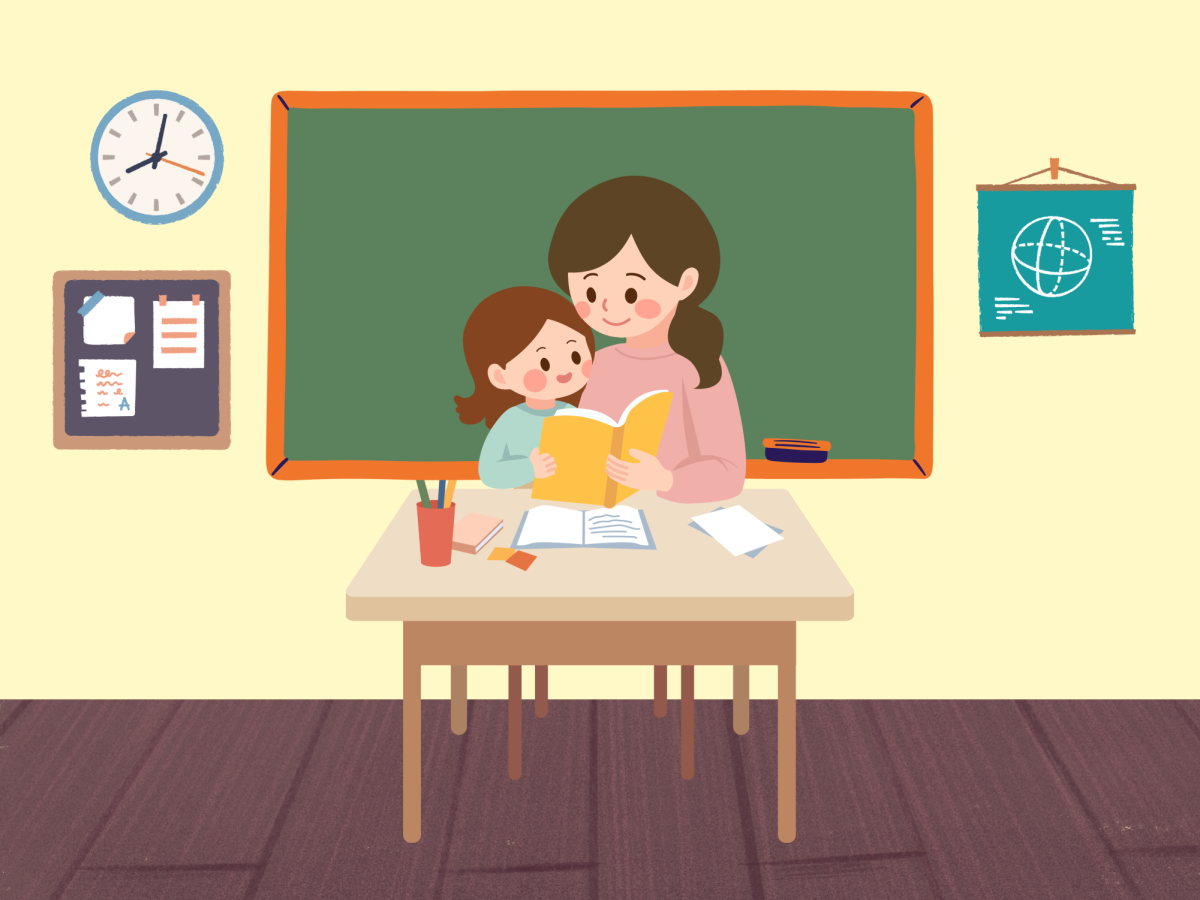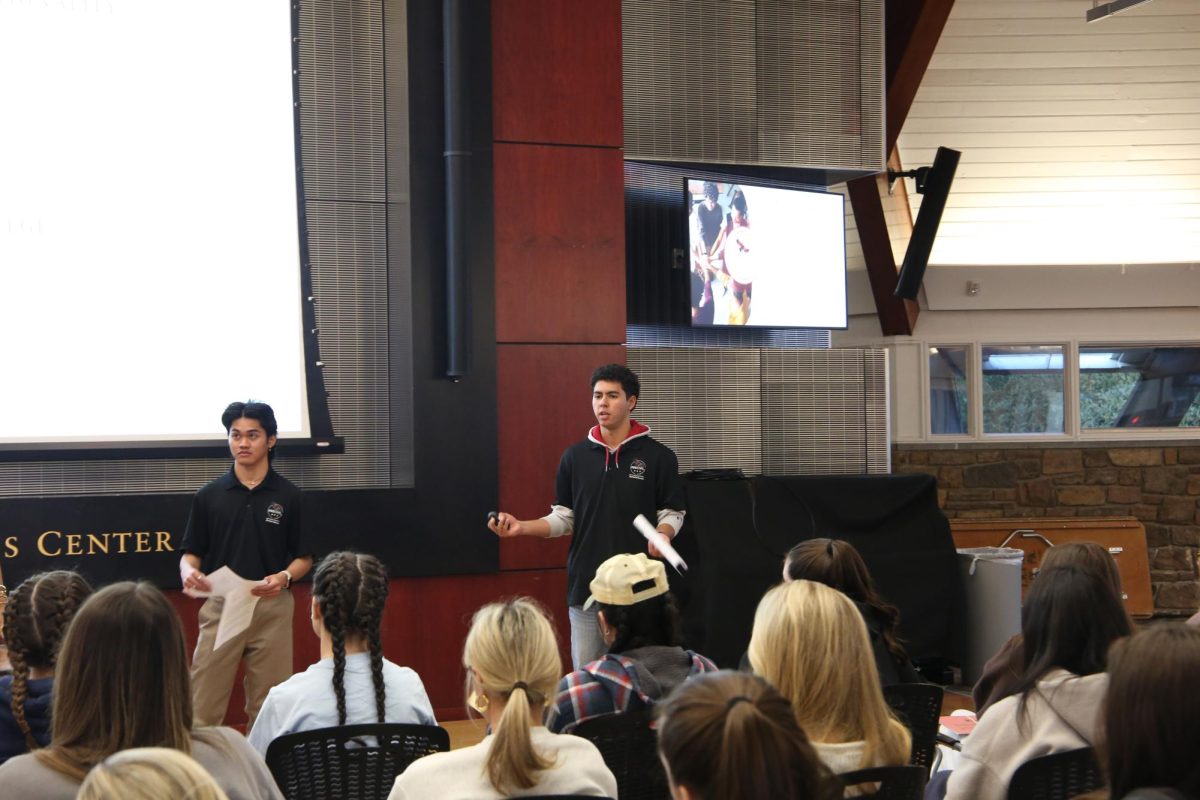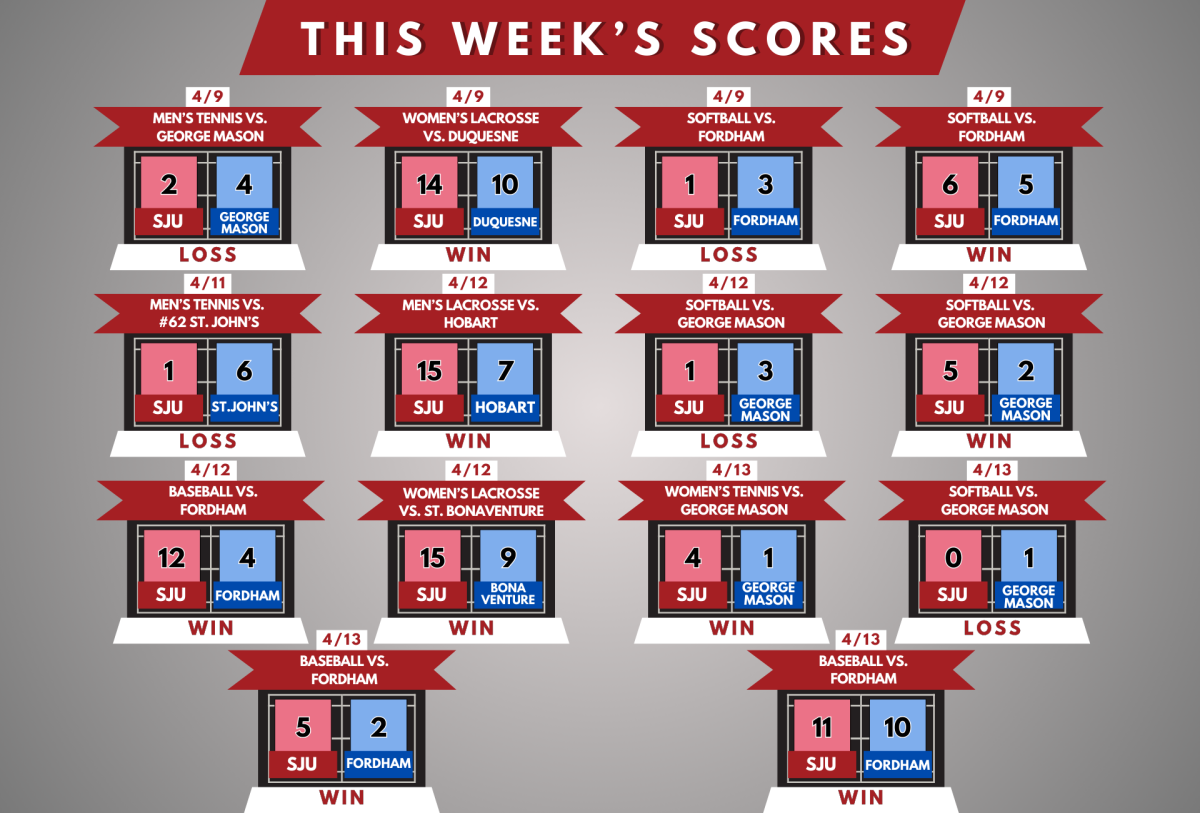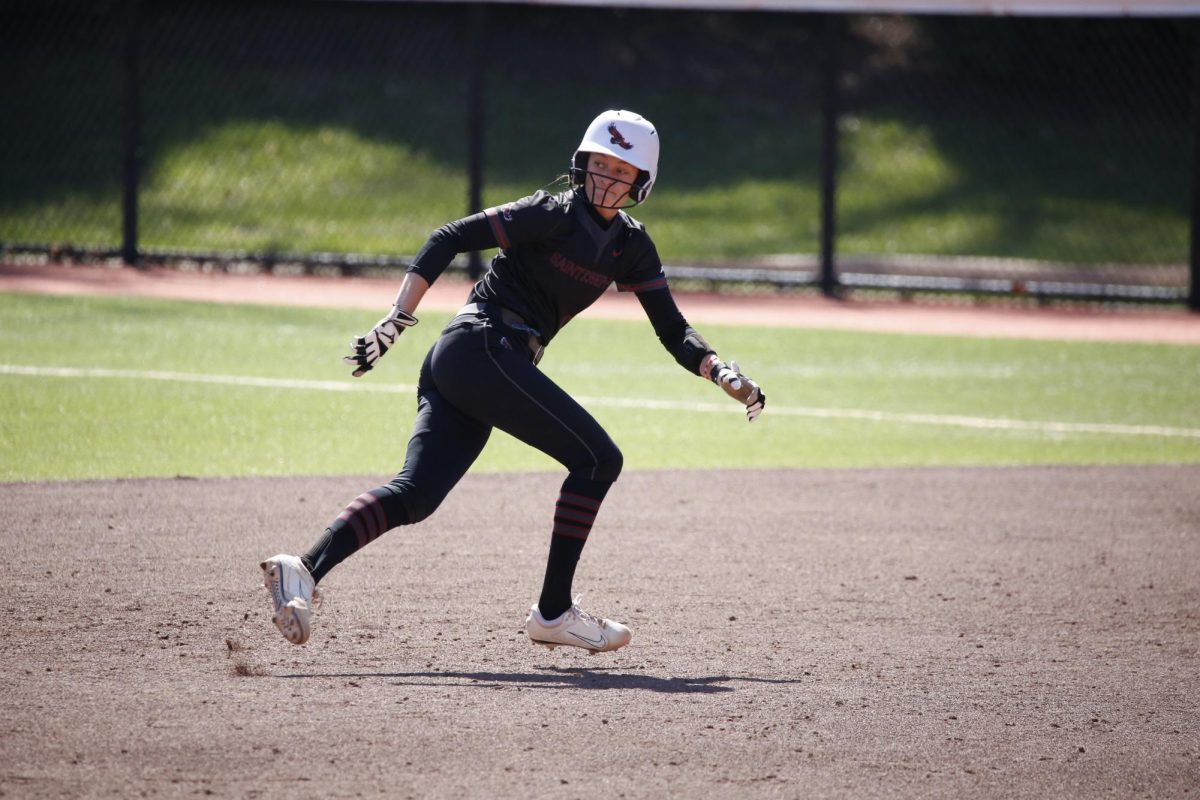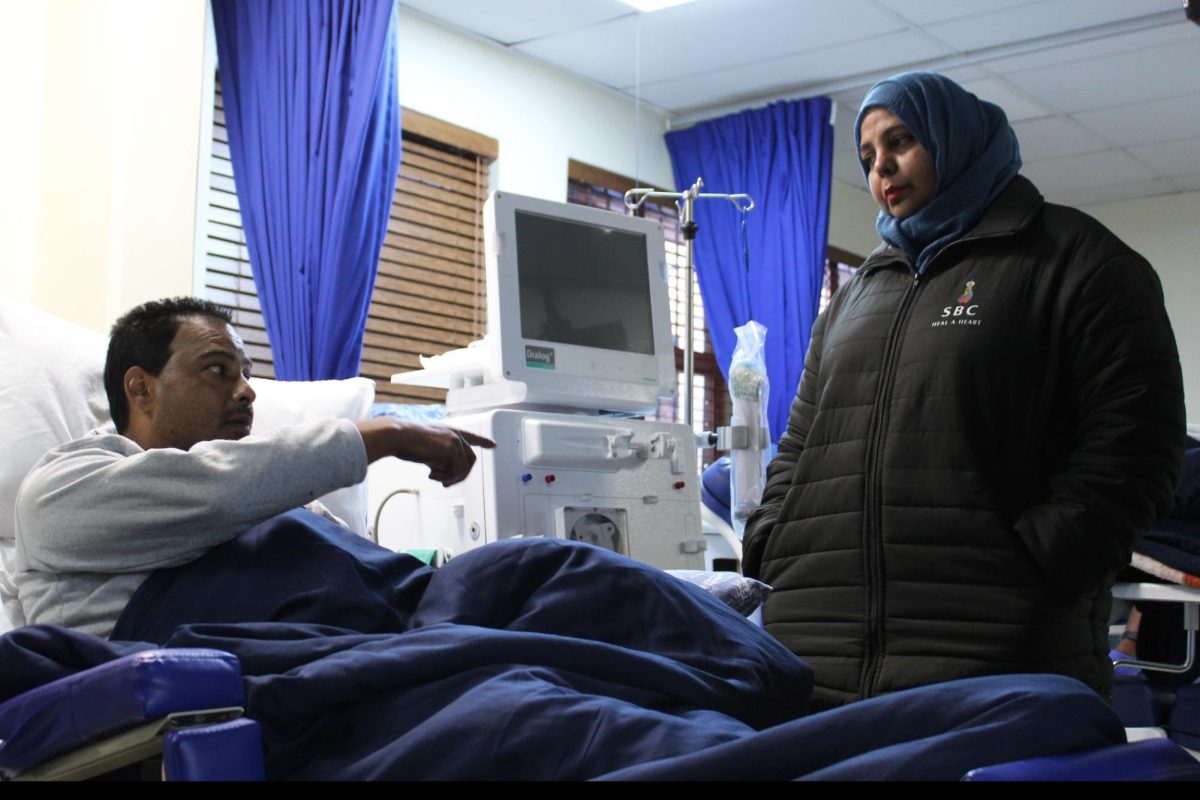A new course repeat and grade replacement policy that went into effect in fall 2022 allows students to replace a grade by repeating a course.
Under the policy, a student who repeats a course will see both the new and old grade on their transcript, but only the new grade will be factored into the student’s GPA and count for course credit.
The first step in the process is for a student to discuss a replacement with their adviser. Then, the student must complete a grade replacement form, which is sent to the dean’s office of the school in which the replacement course is offered. This form must be submitted before the withdrawal date of the semester the course is being repeated in.
Eric Patton, Ph.D., associate professor of management, helped shepherd the policy through the university governance process. First presented to faculty in 2018, the policy, officially named The Undergraduate Repeat Course policy, was given final approval by University Council in March 2022.
According to Patton, the Undergraduate Repeat Course policy reads in part that “An undergraduate student may only repeat a course for which they received a grade of C- or below.”
While it took a few years to get the policy passed, Patton said he was committed to what the policy intends to do: help students.
“There’s a lot of students that often struggle their first couple of years in university, and even beyond sometimes,” Patton said. “Students have a particularly bad semester, maybe just the adjustment from high school to university is a huge transition, some students have health issues, mental health issues, sometimes there’s an outside event that can really disrupt their academics, maybe a death in the family, or sickness.”
In the past, students could retake courses but both grades remained on their transcripts as part of their overall GPA calculation, Patton said.
“For students who’ve had a particularly difficult semester, that seemed to be something that would follow them for the rest of their time here at St. Joe’s, and even later on if they want to go to graduate school,” Patton said.
Matthew Kelly, MBA, associate dean for undergraduate programs in the Haub School of Business, said the policy is a great boost of assistance for certain students.
“It’s just a complete refresh, because this helps mentally for the student,” Kelly said. “Let’s say you straighten whatever it was that was holding you back, but you still have this drag on your GPA. You can do everything right after that and still have one that, going into the workforce, just doesn’t look good.”
The new grade replacement policy comes at a good time, as more students are struggling in their first years at St. Joe’s, according to James Caccamo, Ph.D., associate dean for students and experiential learning in the College of Arts and Sciences.
The university has seen a significant increase in students eligible for the Success Center’s Rebound Program for students who have struggled in their first semester, and a doubling of course withdrawals in the fall 2022 semester, perhaps a result of the disruptions caused by covid-19, Caccamo said.
“Some students coming in didn’t get really well trained in their junior and senior year of high school, [and] they are maybe not ready for everything,” Caccamo said. “It’s been emotionally a really tough time.”
While Caccamo did not have data on how many students requested a grade replacement in the fall 2022 semester, he did have anecdotal data on the students making the requests.
“Most of the students who’ve done it so far are doing it looking toward medical school or graduate school application and are going to retake courses in order to demonstrate that they’re improving,” Caccamo said. “But for other students, it gives [them] an opportunity to take some of the penalty out. Sometimes it’s not about the course, but it’s about the GPA. And it shows your improvement.”




